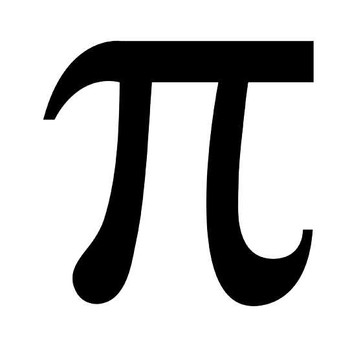We have #f(x,y)=x^2+y^2+4x+3y-25=0#
In order to differentiate #f#, we must assume that #y=g(x)# and then differentiate #y# using the chain rule. Now, we can actually prove the above assumption, but we don't actually need to.
#f'(x,y)=2x+2y(y')+4+3y'=0#
#-2y(y')-3y'=2x+4#
#y'(-2y-3)=2x+4#
#y'=-(2x+4)/(2y+3)#
#y'(-3,4)=(2(-3)+4)/(2(4)+3)=2/11#
#thereforem_tan=2/11# and #m_normal=-1/(2/11)=-11/2#
Equation of tangent: #y-4=2/11(x+3)#
#y-4=2/11x+6/11#
#y=2/11x+50/11#
#11y=2x+50#
Equation of normal: #y-4=-11/2(x+3)#
#y-4=-11/2x-33/2#
#y+11/2x+25/2=0#
#2y+11x+25=0#
Proof that #y-=g(x)#
#f(x,y)=x^2+4x+y^2+3y-25=0#
Complete the square for both #x# and #y#
#(x+2)^2+(y+3/2)^2-4-9/4-25=0#
#(x+2)^2+(y+3/2)^2=125/4#
#(y+3/2)^2=125/4-(x+2)^2#
#y+3/2=+-sqrt(125/4-(x+2)^2)#
#y=-3/2+-sqrt(125/4-(x+2)^2)#


